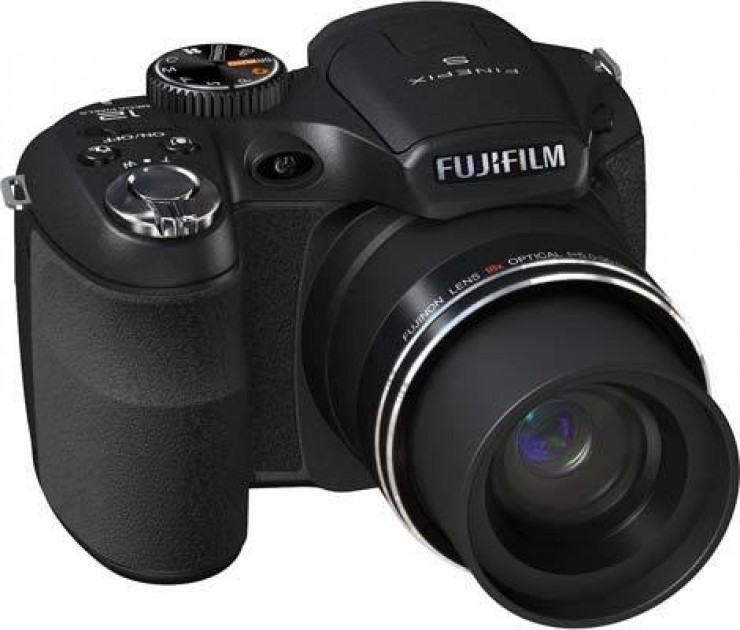

Not quite as impressive as the D780's hybrid AF, but it gets the job done. It's got a high-resolution sensor that can capture stunning images, along with a very good AF system. Unless you need the best of the best image quality and lenses, you likely won't notice a difference in quality with an APS-C camera like the Canon EOS 90D, except maybe in low light, where it struggles a bit with noise. If the Nikon D780 is out of your price range, stepping down to crop-sensor options will save you a lot of money and still get you great quality and performance. You'll get fantastic image quality out of it, and it's built like a tank to withstand pro-level use, but overall, the innovations and lower price tag of the D780 make it a better all-around pick. It's showing its age now and lacks the fancy new tech that Nikon put into the D780, but it's still hugely popular among professional photographers and hobbyists alike. While the D780 can pretty much do it all, the Canon EOS 5D Mark IV deserves a shoutout. What that means is you get the best of DSLR tech and the best of mirrorless tech (but only when using Live View) in one camera, giving it serious versatility. Unlike most DSLRs, it features an on-sensor phase-detection autofocus system, borrowed from the mirrorless Nikon Z 6, in addition to a more typical contrast-detection system when shooting through the viewfinder. The real standout feature of this camera is its hybrid autofocus system. A tilting screen makes it easy to shoot from waist level, and the camera has a small top display so you can quickly check settings, battery life, and storage at a glance. For one, it's weather-sealed and built to last, with an exceptionally long-lasting battery, so it can last for days of extensive use if needed. It has all the features you'd want in a high-end photography camera. Short of looking at true pro cameras like the Nikon D850, you won't find a better full-frame DSLR than the Nikon D780.


 0 kommentar(er)
0 kommentar(er)
